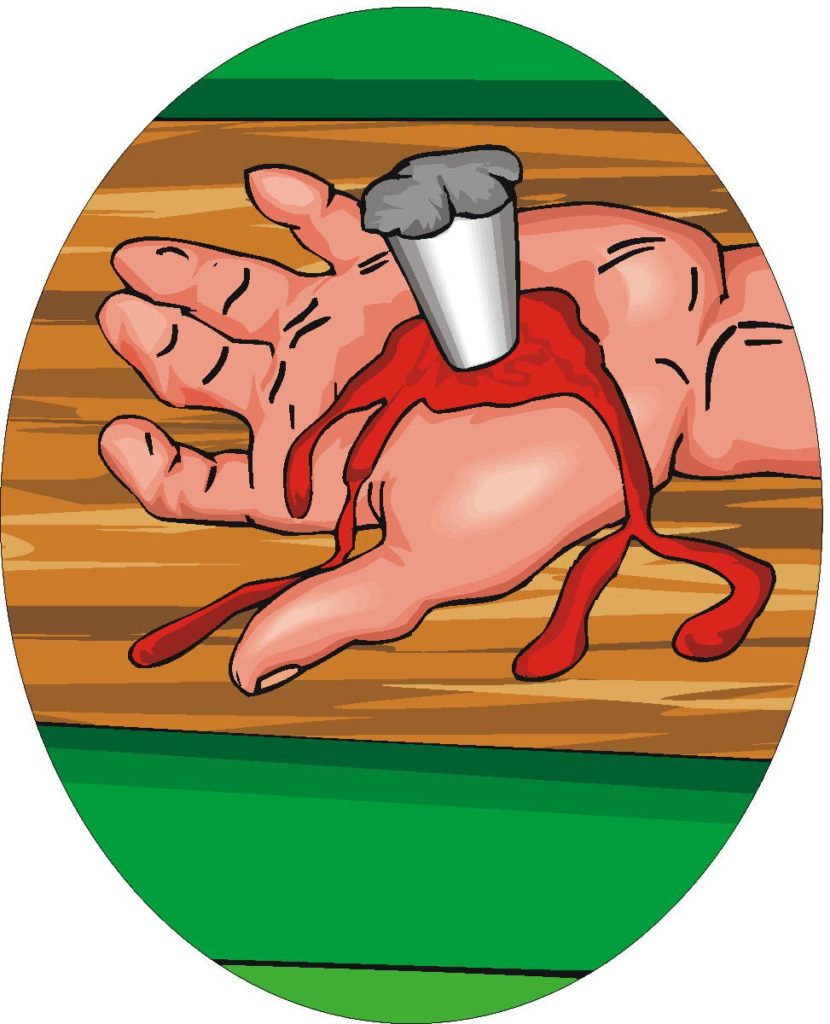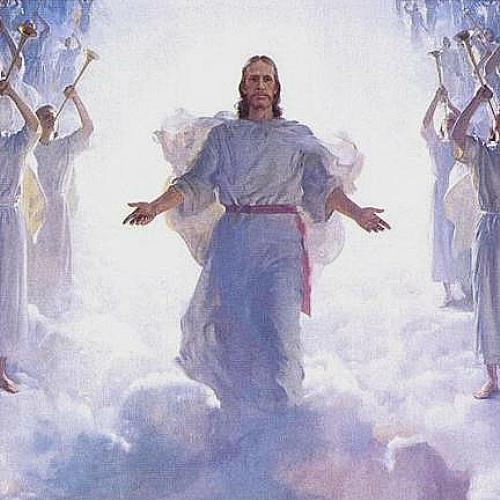Numbers 31:50, Make atonement.

What is the big deal about the concept of vicarious atonement, that is, someone dying in another persons’s place to repair a wrong or an injury? Does the really need to be the shedding of blood for the antonement of sin? This is a concept shared only by Christianity and no other major religions in the world including Judaism. The Christians are always making a big deal about “the cross” and “Jesus dying for our sins,” or “Jesus paying for our sins.” Is this a biblical concept or some idea of man to put people under bondage to some ancient religious and irrational superstition? Knowing the answer to this question is a matter of life and death.
Exploring the Concept of Atonement
as It Relates to the Tabernacle and Salvation
In this verse we read, “We have therefore brought an oblation for YHVH, what every man has gotten, of jewels of gold, chains, and bracelets, rings, earrings, and tablets, to make an atonement for our souls before YHVH.” In a similar passage in Exodus 30:15–16, we read, “The rich shall not give more, and the poor shall not give less than half a shekel, when they give an offering unto YHVH, to make an atonement for your souls. And you shall take the atonement money of the children of Israel, and shall appoint it for the service of the tabernacle of the congregation; that it may be a memorial unto the children of Israel before YHVH, to make an atonement for your souls” (emphasis added). The question before us is this: Do these passages in the Torah imply that YHVH grants man absolution based something other than the shedding of blood, and by logical extension, does this call into question our redemption from sin through our faith in Yeshua the Messiah’s blood atonement?
The concept of atonement can be a confusing one. Some in rabbinic Jewish circles teach that the Torah (i.e. the first five books of the Bible) does not require the shedding of blood for atonement of one’s sin to occur. According to the above scripture, this could appear to be the case. Before briefly discussing the subject of atonement, let us not forget the stern warnings of the Apostle Peter when he warned end-time saints against false teachers who would lure people away from the simple truth of the gospel:
But there were false prophets also among the people, even as there shall be false teachers among you, who privily shall bring in damnable heresies, even denying the Lord that bought them, and bring upon themselves swift destruction. And many shall follow their pernicious ways; by reason of whom the way of truth shall be evil spoken of. And through covetousness shall they with feigned words make merchandise of you: whose judgment now of a long time lingers not, and their damnation slumbers not…. But these, as natural brute beasts, made to be taken and destroyed, speak evil of the things that they understand not; and shall utterly perish in their own corruption; and shall receive the reward of unrighteousness, as they that count it pleasure to riot in the day time. Spots they are and blemishes, sporting themselves with their own deceiving while they feast with you; having eyes full of adultery, and that cannot cease from sin; beguiling unstable souls: an heart they have exercised with covetous practices; cursed children, which have forsaken the right way, and are gone astray, following the way of Balaam the son of Bosor, who loved the wages of unrighteousness; but was rebuked for his iniquity: the dumb ass speaking with man’s voice forbad the madness of the prophet. These are wells without water, clouds that are carried with a tempest; to whom the mist of darkness is reserved for ever. For when they speak great swelling words of vanity, they allure through the lusts of the flesh, through much wantonness, those that were clean escaped from them who live in error. While they promise them liberty, they themselves are the servants of corruption: for of whom a man is overcome, of the same is he brought in bondage. For if after they have escaped the pollutions of the world through the knowledge of the Lord and Saviour Yeshua Messiah, they are again entangled therein, and overcome, the latter end is worse with them than the beginning. For it had been better for them not to have known the way of righteousness, than, after they have known it, to turn from the holy commandment delivered unto them. But it is happened unto them according to the true proverb, The dog is turned to his own vomit again; and the sow that was washed to her wallowing in the mire. (2 Peter 2)
In the Testimony of Yeshua (New Testament), there is no question that when the concept of atonement (i.e. to make ransom for or to cover over man’s sins) is presented it is related to the blood of Yeshua, the Lamb of YHVH, being shed for the remission of man’s sins, which is the means through which reconciliation between Elohim and man occurs. In the Hebrew Scriptures (Old Testament), however, the idea of atonement is somewhat broader and at times more generalized in scope. Herein lies the confusion and the misconceived disparity between the Former (Old) and Latter (New) Testaments or Covenants. Are they in opposition to one another, or is the latter the logical outgrowth of the former and compliments or elucidates the former?

The Hebrew word for atonement is kapar. A verb, it means “to make an atonement, make reconciliation, purge. In its noun form, kapar means a ransom, gift, to secure favor”(see Theological Dictionary of the Old Testament [or TWOT], word 1023). Kapar also means “to cover over”and is the same Hebrew word meaning “to cover or smear with pitch”as in caulking the seams of a wooden ship so that it becomes waterproof (see Brown-Driver-Briggs H3722). Our English words cap (as well as the Hebrew kipah, which is a small hemispherical hat that many religious Jewish men wear)and cover are related etymologically to kapar (see The Word—The Dictionary That Reveals the Hebrew Source of Our English, by Isaac E. Mozeson).
Continue reading






